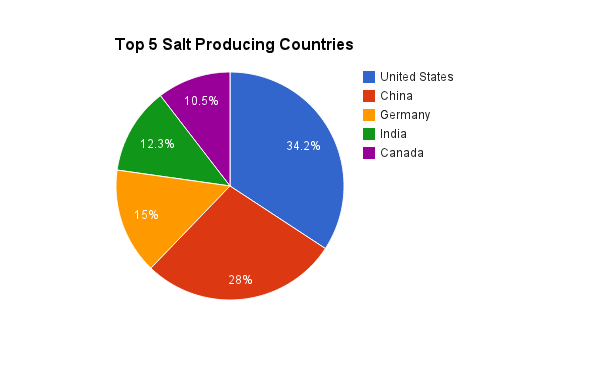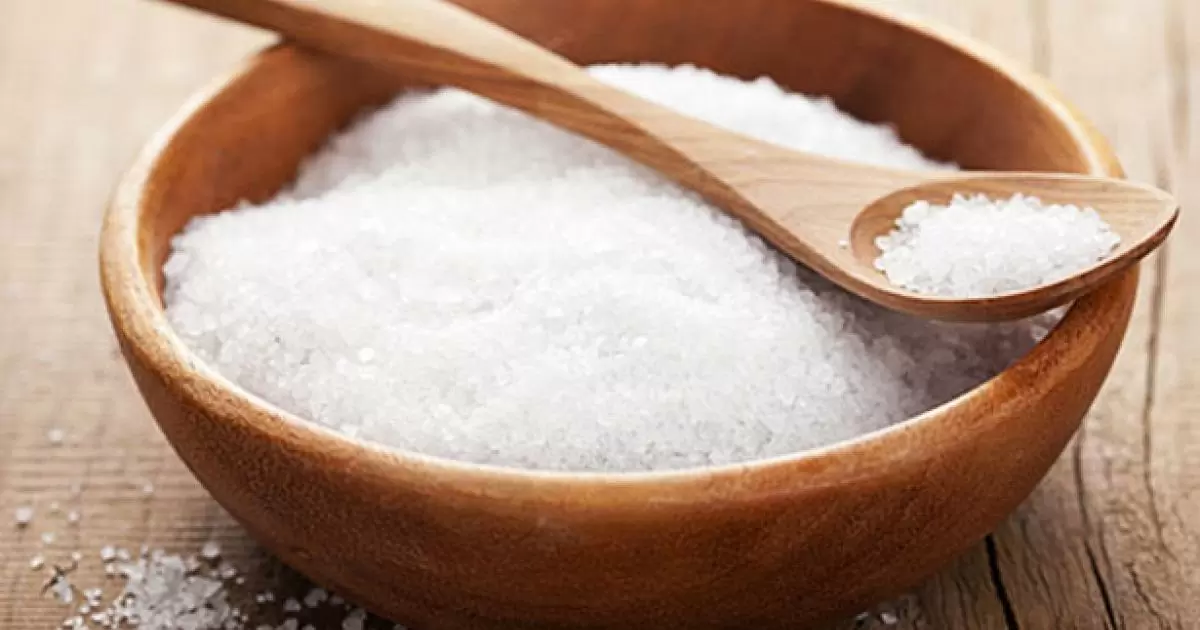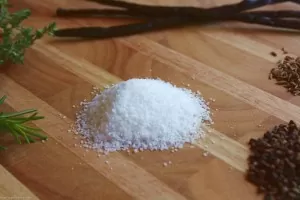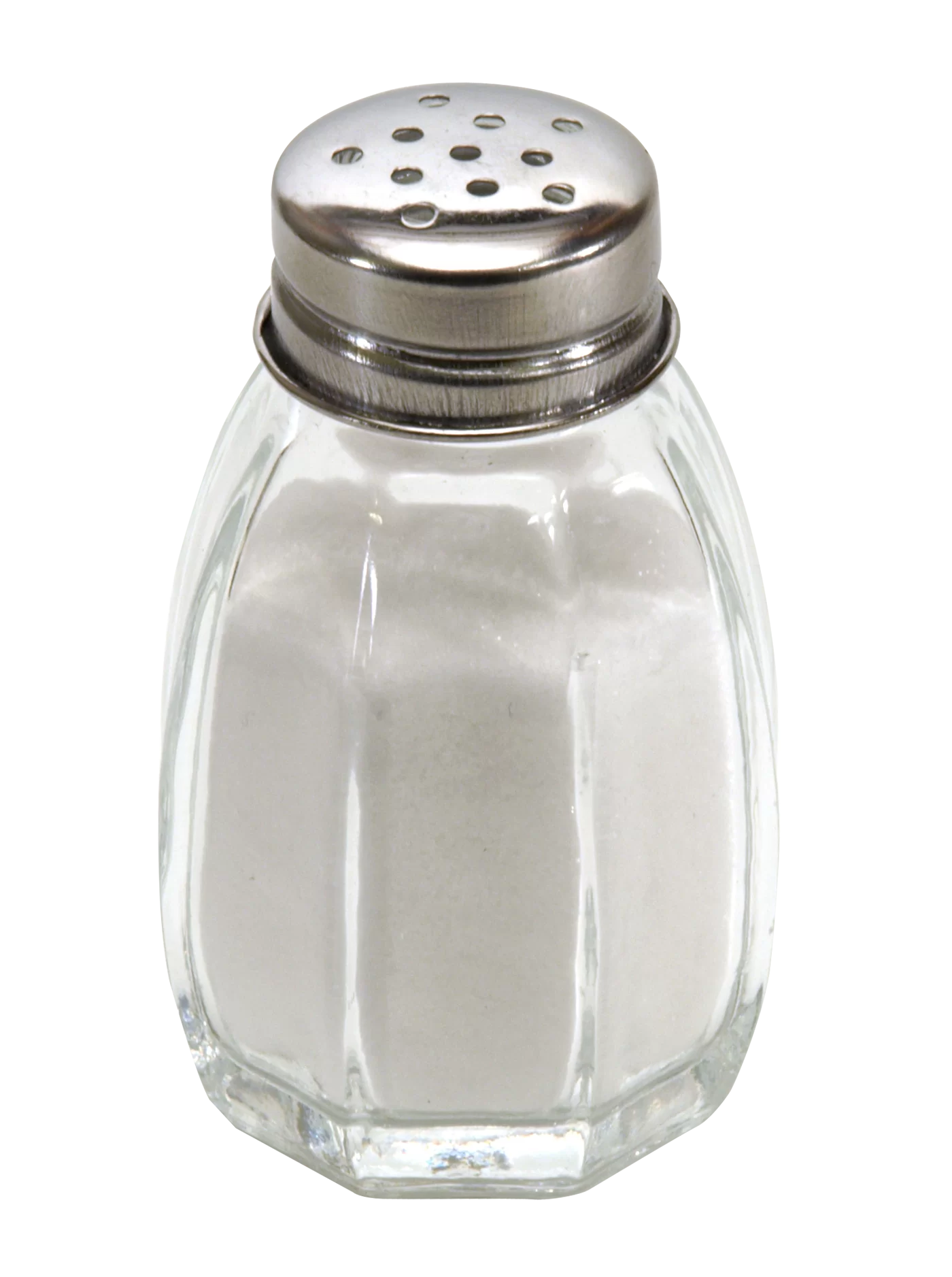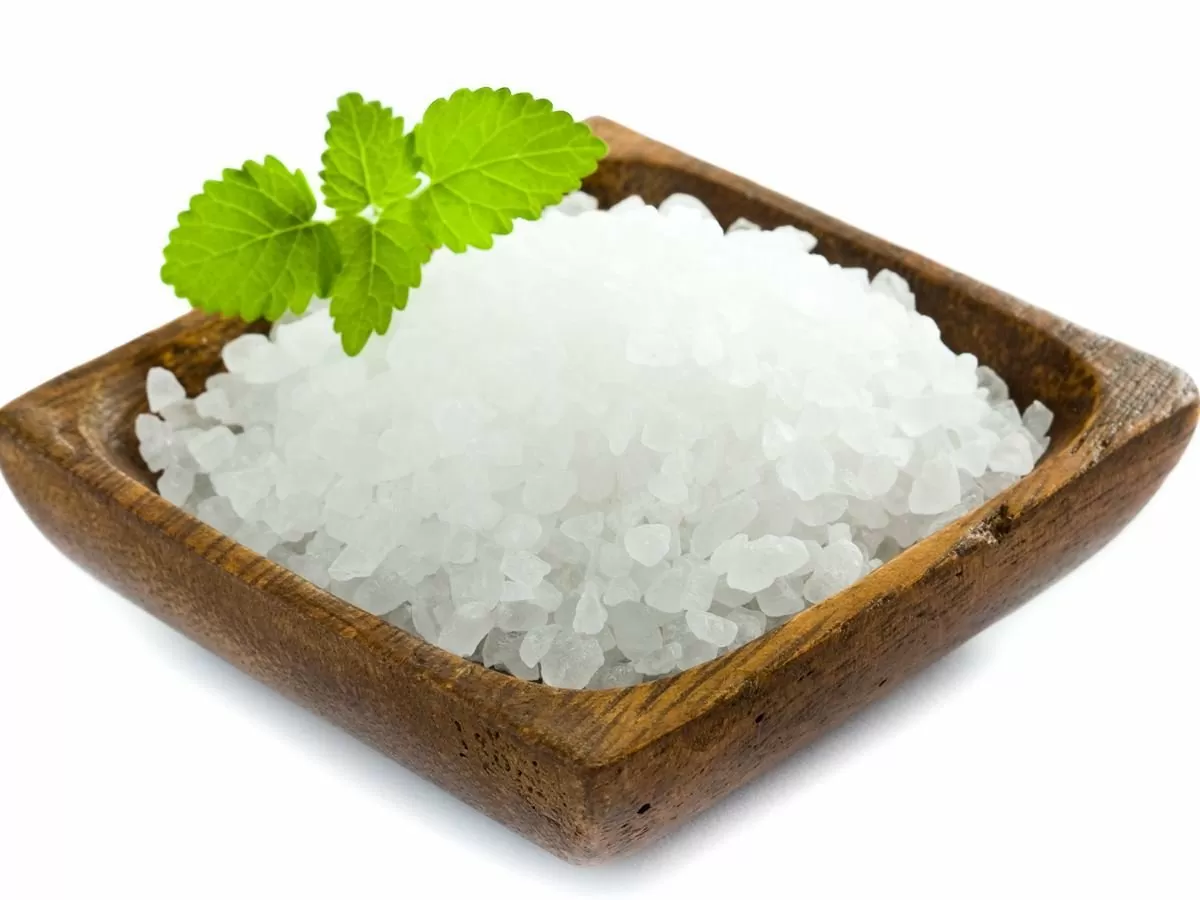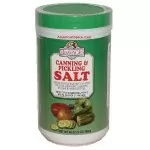Non Iodized Salt
What is non iodized salt? Many types of salts have an additive called “iodine” that is included in the formulation. Non iodized salt is a special type of salt that does not include this chemical element.
Non iodized salt is, for the most part, the same as “regular” iodized (or, table) salt. Both have sodium chloride as their major constituent; however, iodized salt has the chemical element iodine added.
Iodine, for ingestion by humans and animals, is generally made by spraying large amounts of salt with a potassium iodate solution. This is a very low cost and effective manner of providing the iodine. In addition to salt there are other foods that have low amounts of iodine added.
Iodine has been added to salt in order to supply the chemical neccesary for the thyroid gland to produce certain hormones in addition to other medically related issues.
In order to produce non iodized salt, the iodization process does not occur. In this manner, non iodized salt is produced. It is generally then referred to as: table salt, regular salt, sodium chloride, and various other names.
Non iodized salt is commonly made by evaporating the water from wells and lakes with a high salt content. Additionally, mining of rock salt is another large source of non iodized salt.
The top five producing countries of salt are (in order of largest to smallest amount of non iodized salt produced): China, United States, Germany, India, and Canada.
Non iodized salt is used in many area besides food preparation. It is also used for the following:
- De-icing agents
- Various chemical reactions to produce other chemicals
- Drilling fluids
- Rinsing agent for textiles
- Metal processing
- Water softening
- Fire extinguishers
- Kosher salt
Non iodized salt can be found in many, many places throughout the world in many different uses. It should be noted that iodized salt is recommended in many cases for the iodine that it provides – iodine has been recognized as a help in preventing mental retardation. A deficiency can cause health issues. It is commonly recognized that in developed countries there are enough additional sources of iodine that iodized salt is not the only, and most important, source of iodine. Additionally, by recommending iodized salt as a health promoter, some people worry that salt intake will increase beyond a that of a normal and healthy diet.
Kosher Salt
Wondering what Kosher salt really is? Kosher salt is based on the same chemicals as regular salt (sodium chloride) but is generally sold in with a larger grain size and is usually non iodized (does not contain iodine). In addition to not containing iodine, kosher salt is typically sold without any types of additives; however, some brands are sold with a minimal amount of chemicals for purposes such as anti-sticking…continue reading
Uses For Non Iodized Salt
Non iodized salthas many uses that range from cooking to canning. Some of the more common uses for non iodized salt are: pickling and canning, Kosher cooking, low iodine diets, allergy to iodine, and a general preference for the flavor. Along with simpler cooking, many people are interested in “raw foods” or “paleo” cooking – reducing their intake of chemicals and other substances that are not part of a balanced diet. To learn more about natural cooking and paleo recipes, click here.
For pickling and canning, most people prefer to use “pickling” salt which is just regular salt that has no iodine content. The reason for this is that when put into contact with the food and other items the iodine can become oxidized through a chemical reaction…continue reading
Non Iodized Salt Resources
Looking for further information on non iodized salt or interested in purchasing? There are several options available, and a few of them can be found here.
Uses For Non Iodized Salt
Non iodized salt has many uses that range from cooking to canning. Below are some of the more common uses for… Read More
Kosher Salt
What is Kosher Salt?Kosher salt is based on the same chemicals as regular salt (sodium chloride) but is generally sold… Read More
Pickling And Canning Salt
Did you know that canning salt and pickling salt are the same thing? They are the same product used for… Read More
Health benefits of non iodized salt
There are a wide range of ideas about what benefits are offered by non iodized salt. For instance, one of… Read More
Non Iodized Salt Resources
Looking for non iodized salt? Non iodized salt brands vary and can be found in most stores. Many stores carry… Read More
